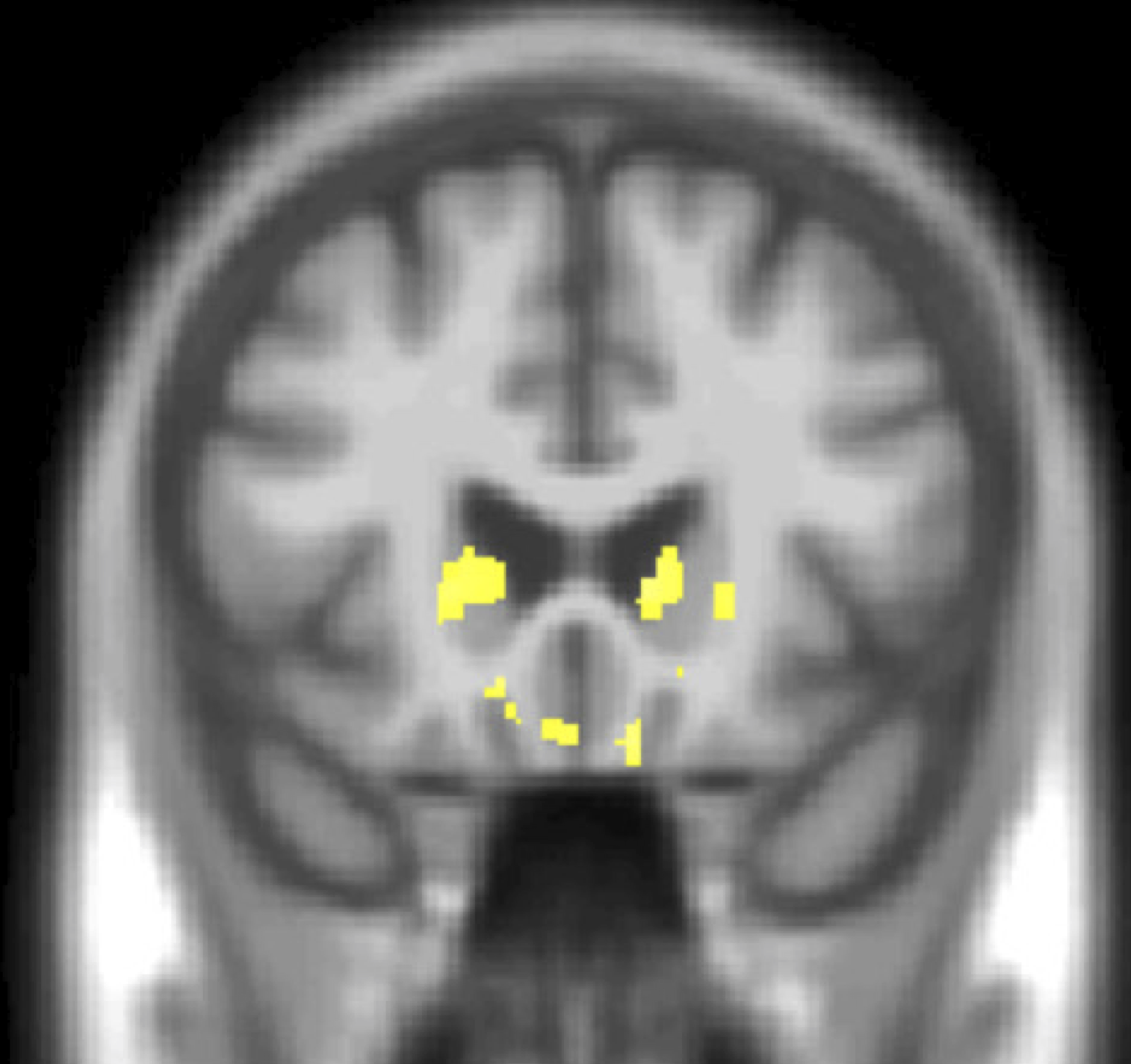The latest paper from the FTD talk team has been published in the JNNP journal. This work was led by Rhian Convery, a current PhD student within the group, and uses data from the GENFI study to describe how individuals with FTD can experience abnormal pain perception. Pain perception has not been widely explored in relation to FTD symptoms, and this study uncovered some interesting results.
Overall 462 people from the GENFI study were included, 181 of which did not carry a mutation and therefore acted as “controls”, and 281 carried a mutation in one of the three main FTD causing genes: C9orf72 (104), GRN (128) and MAPT (49).
An abnormal perception of pain was assessed by a clinical questionnaire given to each individual in the study, and scored on a scale as: absent (0), questionable or very mild (0.5), mild (1), moderate (2), or severe (3). We wanted to know whether there were differences in pain perception between individuals who have FTD symptoms (“symptomatic”) versus controls, as well as those who carry a mutation but have yet to develop symptoms (“presymptomatic”) and controls. We were also interested in investigating if certain mutations experienced abnormal pain perception more than others and looking at which brain areas were associated with the symptom of pain.
We found that symptomatic FTD patients with a C9orf72 mutation scored significantly higher on the abnormal pain perception scale in comparison to controls. No significant differences in abnormal pain perception were found between symptomatic GRN or MAPT groups and controls, or between any of the presymptomatic groups and controls. We found that abnormal pain perception in C9orf72 was significantly associated with a loss of tissue (“atrophy”) in an area of the brain called the thalamus. The thalamus is found in the centre of the brain and is known for processing sensory information. We also found atrophy in a number of other regions that are highly connected to the thalamus, indicating a disruption in a “pain network”.
Therefore, this research indicates that abnormal pain perception is a feature of C9orf72 carriers which is likely due to a disruption in the thalamus, a sensory processing centre, and its connected regions. However, more work is needed to investigate this complex symptom and develop a timeline of when altered pain perception starts in C9orf72.

